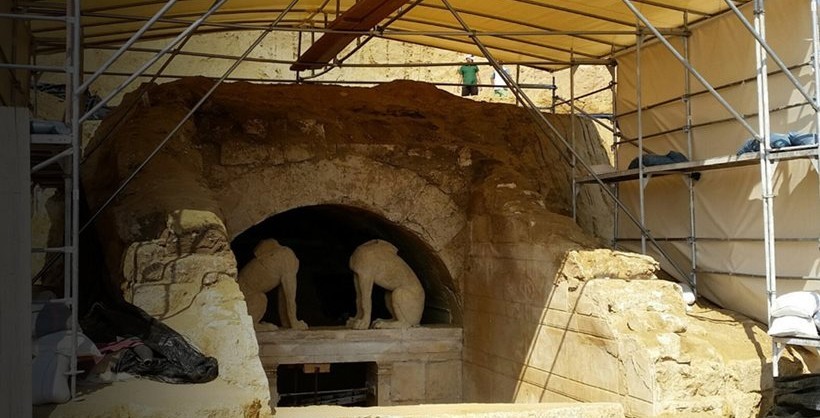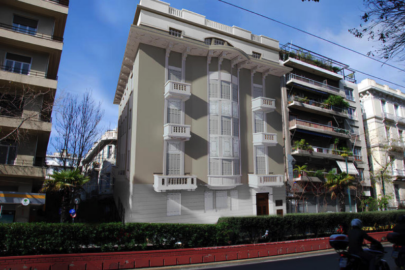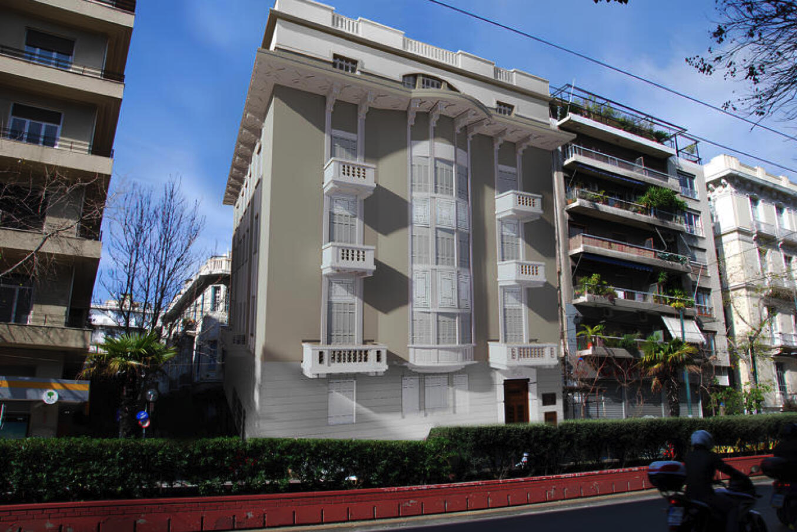A new theory has emerged lately relating to the identity of the mysterious owner of Casta Tomb at Ampipolis, which involves one of Alexander the Great’s faithful Somatofylakes (bodyguards).
Aristonous of Pella, son of Peisaeus distinguished himself greatly in India. After the death of Alexander, he was one of the first to propose that the supreme power should be entrusted to Perdiccas.
According to ancient sources, he was subsequently appointed general of Olympias in the war with Cassander; and when Olympias was taken prisoner in 316 BC, he was put to death by order of Cassander.
The crucial point of this new theory is that Aristonous served briefly as governor of Amphipolis and only surrendered the reins of the city to Cassander when he was asked to do so by Olympias.
The supporters of the theory believe that during his rule, Aristonous, who was completely faithful to Alexander and Olympias, may have ordered the erection of a huge monument to honor the memory of the great military commander. Let’s not forget that, despite the fact that Alexander’s body became a subject of negotiations between the diadochi after his death, Olympias wanted her son to be buried in the Macedonian land, with full honors.
The tomb of Alexander the Great and, particularly, its exact present location has been a recurring conundrum. Could this theory be the key to solving the mystery? Only time will tell.
































